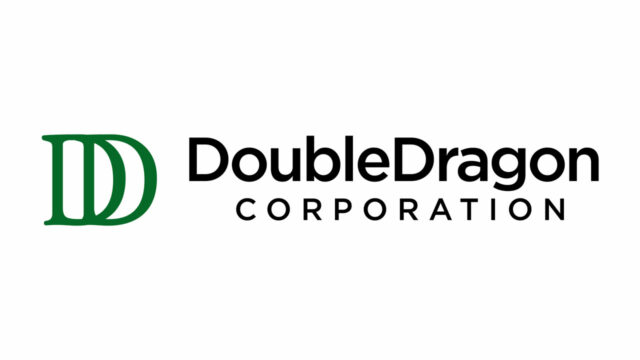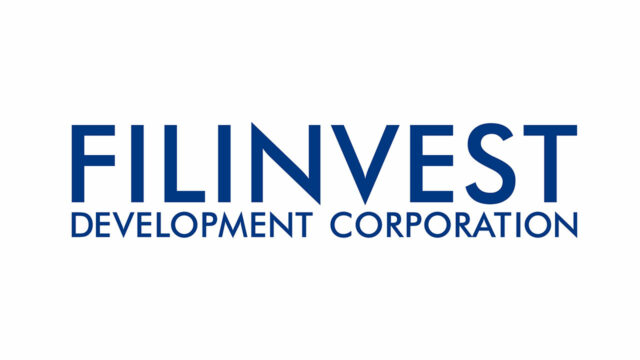Falling unemployment masks lack of quality jobs — think tank
HIGH-QUALITY JOBS remain thin on the ground even with unemployment falling, with many workers forced by economic hardship to accept irregular and informal work, a think tank said.
Jobs that are considered informal have increased, with the number of self-employed growing by 157,000 to 13.1 million in 2023, IBON Foundation said, adding that the number of unpaid family workers also grew by 154,000 to 3.8 million last year.
“IBON estimates that the number of those in informal work increased by 483,000… to 20.4 million or 42.2% of total employed in 2023,” it said, noting an increasing number of domestic workers, self-employed, and unpaid family workers in family-operated farms or businesses.
If irregular workers in private establishments are taken into account, the number of people in informal work would increase to as much as 34.7 million or 72% of total employment, it noted.
IBON also noted job creation in sectors deemed “notorious” for temporary, irregular and low-paying work: “The number of employed in agriculture, foresting and fishing grew… from 10.8 million to 11.2 million and in construction… from 4.4 million to 4.5 million.”
Jose Enrique Africa, the think tank’s executive director, said agri-fishery and forestry jobs tend to be informal and irregular because of the seasonal nature of production.
“The backwardness of operations is also a factor with predominantly small-scale family-based operations that don’t have formal employment arrangements and have disproportionately casual labor that’s always looking for better earnings elsewhere,” he said when asked to clarify why jobs involving agriculture, fishing, and forestry are considered informal.
The Philippine Statistics Authority (PSA) on Wednesday said the number of unemployed aged 15 and above fell to 1.60 million in December from 1.83 million in November.
“The increase in the number of self-employed individuals alongside a rise in unpaid family workers further emphasize the probable expansion of the informal sector,” the Federation of Free Workers (FFW) said.
While self-employment can be a pathway to entrepreneurship and economic independence, it also points to a lack of formal job opportunities, FFW National President Jose G. Matula said in a Viber message.
“Most likely, pushing individuals to create their own work without the protections and stability of formal employment.”
An OCTA Research survey conducted last month showed that involuntary hunger rose to 14% or 3.7 million families from 10% or 2.6 million families recorded in September 2023.
In a Social Weather Stations poll conducted between Sept. 28 and Oct. 1 last year, the number of families who rated themselves poor increased by 700,000 to 13.2 million.
IBON said the government should also be concerned about the decline in employed persons in the wholesale and retail trades in December, saying the holiday season usually means more active selling and spending.
The number of wholesale and retail trade workers fell to 10.3 million in December from 10.9 million a month earlier, with the government attributing the trend mainly to job losses in the food sector.
“This may be a result of weaker demand, which is concerning, since the month of December is usually marked by more spending due to the holidays,” IBON said.
“This could mean that more Filipinos are having a hard time because of weaker purchasing power from low income and high prices,” it added. They are thus forced to curb their expenses, particularly on food.”
President Ferdinand R. Marcos, Jr. said on Thursday that his government will pursue more upskilling and reskilling programs to boost quality job opportunities.
Workers must be exposed to innovation and become adaptive to allow them to “thrive in many high-quality employment opportunities,’’ he said in a statement.
Mr. Marcos attributed the fall in unemployment to growth across industry groups, “with construction, agriculture, and services leading the way.”
Leonardo A. Lanzona, who teaches economics at the Ateneo de Manila, said it is “alarming” that the government considers technology as the pathway to transitioning workers towards more decent jobs.
“The truth of the matter is that technology has eliminated the formal and decent jobs that low-skilled workers previously had access to,” he said via Messenger chat. “The issues that we have discussed are the reasons for low-quality jobs.
“Technology offers opportunities but also presents challenges.”
The 4.3% unemployment rate last year — equivalent to 2.19 million jobless, against the 2.67 million in 2022 — was the lowest in almost two decades since the PSA revised the definition of unemployed in 2005 to refer to Filipinos aged 15 years and older without jobs but are available for work and actively seeking one.
In December, the unemployment rate fell to 3.1% from 3.6% a month earlier and from 4.3% a year earlier 2022.
The employment rate in December also hit a record 96.9%, above the 96.4% in November and the 95.7% in December 2022.
Mr. Matula of FFW also flagged an increase in contractual employment, noting that a number of workers in Central Luzon, Metro Manila and Calabarzon regions are classified as performing regular jobs but are considered contractuals who have been “supplied by cooperatives or manpower agencies.”
Contractual employment often means that jobs are temporary, with workers not having long-term security and benefits such as health insurance and paid leave, he noted.
“This can leave workers vulnerable, especially in times of economic downturn or personal emergency.”
Mr. Matula, meanwhile, said the Philippines has yet to see significant efforts from the government to boost green jobs — which was promised by Mr. Marcos before and after assuming the presidency in June 2022. — Kyle Aristophere T. Atienza














